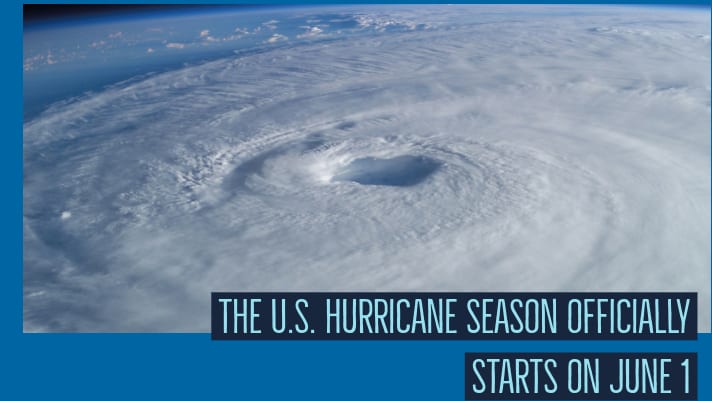
The Basics of Hurricane Proof Glass Doors and Windows
Florida is a beautiful, beach-filled state, but its beauty comes at a cost sometimes. With water surrounding the state on three sides and harsh, southern climate, Florida residents face unique risks. In particular, the Atlantic Ocean is known for its deadly hurricane season.
June 1st marks the beginning of hurricane season, when Floridians are likely to have already prepared their homes and businesses for the worst. When November 30th rolls around, they breathe a sigh of relief. Hurricane season can bring out the worst in Mother Nature with the air pressure and temperature changes causing a plethora of natural disasters. In 1992, Hurricane Andrew hit land and caused at least 62 tornados in the following days. In 2017, ten consecutive storms morphed into hurricanes causing massive destruction to everything in their paths.
Living in a place prone to hurricanes requires knowledge of the impending destruction a natural disaster can cause and ways to prevent certain types of damage from happening in the first place. When it comes to buildings, any glass windows and doors need to be designed by impact window manufacturers who understand the importance of high impact glass.
The Basics of Impact Sliding Glass Doors
Impact sliding glass doors are exactly what they say they are. They are hurricane proof sliding doors made out of reinforced glass. Impact sliding glass doors are similar to the windshield of your car. They have a shatter resistance stronger than traditional glass doors or windows. Impact sliding glass door systems are usually two layers of glass with a thin layer of polyvinyl butyral (PVB) or ethylene-vinyl acetate (EVA). The PVB and EVA are structural reinforcements that keep the glass doors stronger, which in turn, helps control rapid pressure changes on buildings from the hounding storm.
Exploring the Interworkings of Hurricane Proof Sliding Doors
The strength of glass comes from how the panes are connected with one another. PVB and EVA are the most commonly used reinforcement layers that have a direct relationship with the strength of the glass. The thicker the layer applied, the stronger the glass. Those two factors also correlate with an increase in price.
Two other options for impact sliding glass doors are liquid glass resins or a hybrid of glass and plastic. Liquid glass resins are known to maintain control of temperature changes while functioning as a flexible material. It has a little more give when impacted. The glass resin is glossed on and cured by the use of UV light. Hybrids of glass and plastic consist of polycarbonate situated between two panes of glass. It, however, is not the best option when temperatures are high.
The Importance of Frame
The type and design of the glass is important, but the frame supporting hurricane proof sliding doors and windows can help or hurt the overall effectiveness of the door system. Aluminum and steel are known for their strength, but they are the most expensive and also require regular maintenance. Vinyl is a cheaper option, but finding appropriate ways to recycle or dispose of the material is difficult. Wood is one of the last options and while it is sufficient, it is high maintenance and likely to warp. Any structural damage to frame material can compromise the durability of the glass by not holding it in the proper place.
Hurricane season can be a devastating time and even more so when buildings are not properly prepared to withstand the heavy rains and wind. It is important to understand what options for sliding glass doors and windows exist and what is the best fit for your building. Selecting the right glass and accompanying frame could, quite literally, make or break your building.
